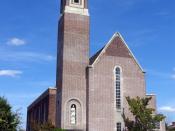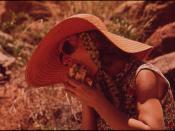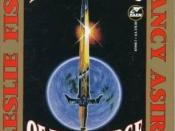As a well known proverb put "never too old to learn", it is necessary for us all to learn ceaselessly throughout our lifetime. Recent days there are many debates that from which means -- knowledge in books or direct experience -- we learn much richer and broader? As far as I concern, it is a case to case issue in one's learning process. In some aspects, people may learn much richer and broader knowledge from books than direct experience, while it is the reverse case in other aspects.
First, books or direct experience may play different roles when people of different age are engaged in learning. When teenagers begin to get their education, for example, they don't have much experience on anything, including pure ideas, concepts, abstract social skills and so on, they are just like a piece of blank paper to be drawn, a barren land to be cultivated.
Thus at this moment it is no doubt that books provide more abundant and luxuriant knowledge for them to begin with their knowledge mansion's construction. Nevertheless, to adults, old educated people in particular, who already have a large amount of books knowledge and varieties of life experience as well, their profuse experience is a much more voluminous database which they are more likely to turn for when they meet a particular problem. And they may usually find a more effective way out to the problem than they turn for pure theories in books -- obviously, only knowing theory is far from solving a practical problem. In short, knowledge in books is more useful for young people to systematically learning in the first period, but as their knowledge accumulating and experience increasing, the both are mostly combined together and form their special knowledge -- experience, which may be more...



Nice work
very interesting and creatively written.
1 out of 1 people found this comment useful.